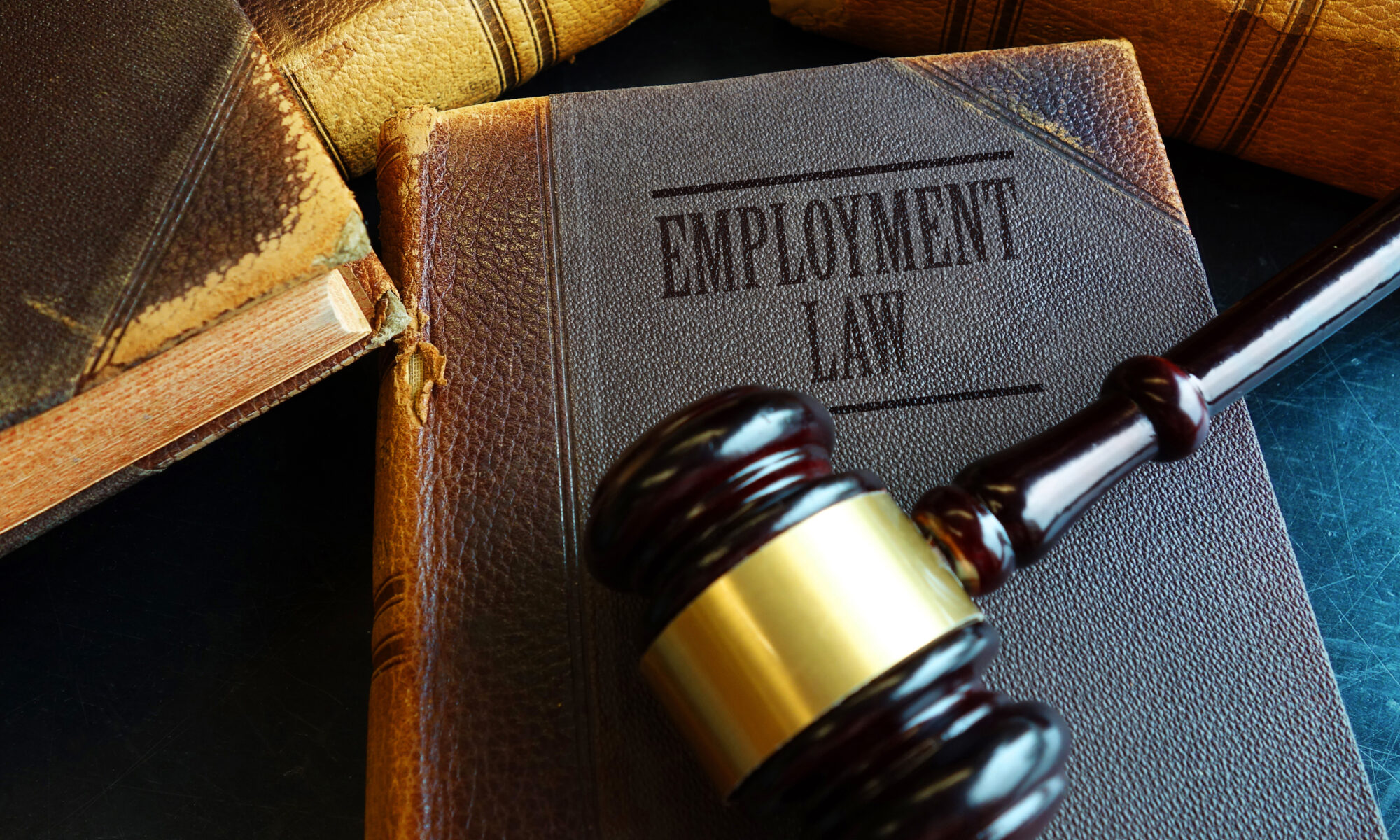Raytheon Settles Case Alleging False Claims Act Violations
In an exciting development that highlights the vital importance of cybersecurity in defense contracts, the U.S. Department of Justice has announced a positive resolution involving Raytheon Company, RTX Corporation, and Nightwing Group LLC, who have agreed to an $8.4 million settlement. This agreement effectively addresses allegations related to cybersecurity compliance under the False Claims Act and reflects a commitment to uphold security standards in contracts with the Department of Defense. A special shout-out goes to Branson Kenneth Fowler, Sr., a former Raytheon Director of Engineering, whose brave decision to speak up has not only led to this impactful settlement but also earned him a commendable $1.5 million as a reward for his role in this case.
The allegations pointed out an important oversight by Raytheon and its former subsidiary, RCSI, concerning the implementation of essential cybersecurity measures for systems involved in unclassified work on specific DoD contracts. Specifically, they failed to create a detailed system security plan as required by DoD cybersecurity regulations, as well as to meet other cybersecurity standards set forth in DFARS and FAR.
The DOJ’s Civil Cyber Fraud Initiative, which began in 2021, emphasizes the growing emphasis on rigorous cybersecurity compliance among government contractors. By utilizing the False Claims Act and its qui tam provision, this initiative aims to effectively combat cybersecurity fraud. In FY 2024, the DOJ reported impressive outcomes, with settlements and judgments surpassing $2.9 billion under the False Claims Act, showcasing the significant impact of qui tam whistleblower lawsuits. Although there have been some legal challenges, such as a Florida district judge ruling certain provisions unconstitutional, the federal government remains steadfast in pursuing changes, as other courts have consistently upheld these constitutional aspects.
If you have insights regarding any legal violations similar to those discussed here, it’s incredibly important to connect with a whistleblower attorney. These knowledgeable legal professionals are here to offer essential guidance on the complexities of whistleblower laws, ensuring your rights are protected while you explore potential financial rewards under initiatives like the False Claims Act. An experienced attorney can expertly navigate the intricacies of filing a qui tam lawsuit and help secure the legal protections provided by whistleblower legislation.










